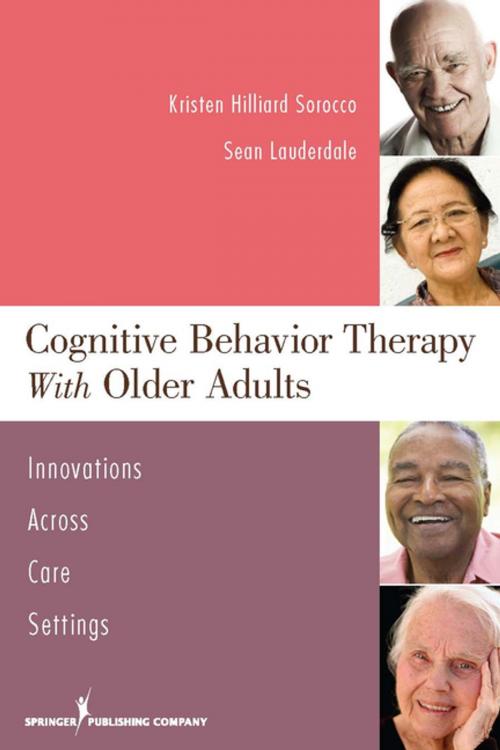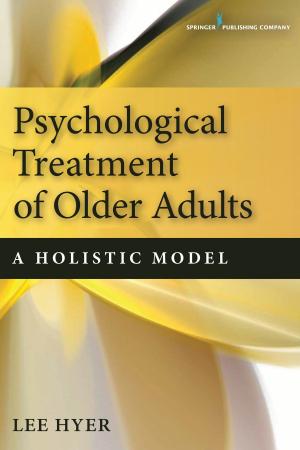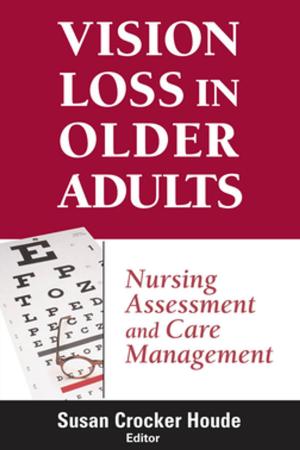Cognitive Behavior Therapy with Older Adults
Innovations Across Care Settings
Nonfiction, Health & Well Being, Medical, Nursing, Mental Health, Psychology, Developmental Psychology| Author: | Sean Lauderdale, PhD, Kristen H. Sorocco, PhD | ISBN: | 9780826106209 |
| Publisher: | Springer Publishing Company | Publication: | March 21, 2011 |
| Imprint: | Springer Publishing Company | Language: | English |
| Author: | Sean Lauderdale, PhD, Kristen H. Sorocco, PhD |
| ISBN: | 9780826106209 |
| Publisher: | Springer Publishing Company |
| Publication: | March 21, 2011 |
| Imprint: | Springer Publishing Company |
| Language: | English |
A one-stop resource for core discipline practitioners who provide mental health services to the geriatric population, Cognitive Behavior Therapy with Older Adults presents strategies for integrating cognitive behavioral therapy (CBT) skills and therapies into various healthcare settings for aging patients.
Cognitive Behavior Therapy with Older Adults is divided into key two parts: CBT for common mental health problems for older adults and innovations across settings in which older adults are present. Evidence-based and provider-friendly, it emphasizes adapting CBT specifically for the aging population and its specific needs.
Key features:
-
A general introduction on aging that dispels myths and highlights the need to address mental health problems among this age group
-
Chapters that overview epidemiology data, diagnostic criteria, assessment, and CBT approaches to treatment
-
Case examples, including those that depict a composite of a successfully aging older adult
-
A comprehensive resource section including handouts, note templates, and other useful tips and worksheets for practice
-
A listing of supplemental texts, patient resources, and summary charts
A one-stop resource for core discipline practitioners who provide mental health services to the geriatric population, Cognitive Behavior Therapy with Older Adults presents strategies for integrating cognitive behavioral therapy (CBT) skills and therapies into various healthcare settings for aging patients.
Cognitive Behavior Therapy with Older Adults is divided into key two parts: CBT for common mental health problems for older adults and innovations across settings in which older adults are present. Evidence-based and provider-friendly, it emphasizes adapting CBT specifically for the aging population and its specific needs.
Key features:
-
A general introduction on aging that dispels myths and highlights the need to address mental health problems among this age group
-
Chapters that overview epidemiology data, diagnostic criteria, assessment, and CBT approaches to treatment
-
Case examples, including those that depict a composite of a successfully aging older adult
-
A comprehensive resource section including handouts, note templates, and other useful tips and worksheets for practice
-
A listing of supplemental texts, patient resources, and summary charts















